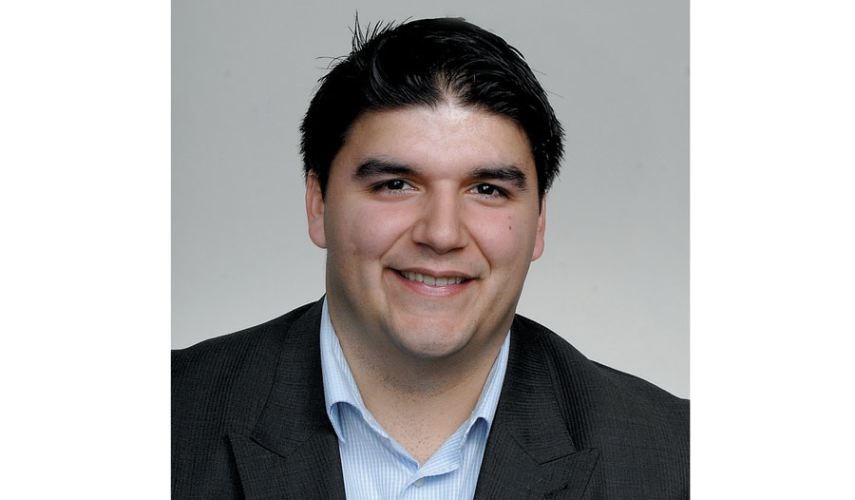I was asked the other day why I don't write about provincial politics anymore.
I guess somebody finally noticed that I hadn't written anything about B.C. politics in over 12 months. In fact, truth be told, I've weighed into the goings on up in Edmonton more often than down in Victoria during that time. But with the provincial election just a year away, it might be time to break my silence on politics in the Dogwood province.
Here then are some thoughts: make no mistake, this election will be fought on the economy like every other
election in B.C. The tone of the election has already been set by Premier Christy Clark's tough words for Alberta in her throne speech that effectively said two things: one, it looks like all wealth can be easily squandered by bad management, and two, it looks like the NDP can't run a province. That was a predictable set up and foil, but it will prove effective as conditions worsen in Alberta.
This will be the first volley that the B.C. NDP must respond to, as they are often painted as the favorite party of the Build Absolutely Nothing Anywhere Near Anything people or the "No" camp as the Independent Contractors and Businesses Association calls them.
Being painted as anti-development in the middle of a commodities crash that is costing people their trucks and homes is a recipe for double digit rejection at many polls even quite near Vancouver.
That leaves only one option to them: change the narrative.
And there is only one narrative that is powerful enough to change the current conversation - painting the B.C. Liberals as entitled after 16 years of power, and, therefore, mismanaging the economy. This, coupled with a strong appeal to young people with targeted tax breaks, incentives, or new work placement rules that give young people a leg up could prove a very powerful combination, even far away from YVR.
These rhetorical tropes and associated policies are nothing new.
As Tom Flanagan once said, campaign strategies of the incumbent centre around fear of change, and the challengers centre around loathing of the status quo. And while people may say they wish that political discourse would be elevated to a decent and intelligent level, it is unlikely to ever happen precisely because the emotionally charged rhetoric already works. Why fix what isn't broken?
All this seems quite predictable, but if there is any wild card that can't be fully assessed before the Lieutenant Governor dissolves the legislature next year, it is the electoral behavior of the two main "outside" parties: the Greens and the B.C. Conservatives.
Of course the Greens are already many steps ahead of any third party by having a large following throughout the province and having already elected an MLA in Victoria. However, I predict that the problem for the Greens will be finding a proper wedge to drive into the electorate; with oil in the doldrums, the housing bubble in Vancouver, and the fact that most people think LNG is infinitely cleaner than oil, it will be hard to make a case for the environment over the economy.
The B.C. Conservatives will be facing the exact opposite problem, as their rhetoric will make them almost indistinguishable from the "blue, free-market" B.C. Liberals except in style.
While many B.C. Cons and federal Tories aren't comfortable with Clark and co. for a variety of reasons, the fact of the matter is Alberta's right wing split gave the NDP their win, and as conditions worsen there, the fear of vote splitting will become too hard for many right of centre voters to ignore.
With STV, that argument wouldn't hold water, but that's another column.
What is clear is that this election might only be notable if millennials can be motivated to get out and vote in force as they did in the recent federal election.
Their preference is not easy to read: many young people that are well into their mid-twenties are carrying large amounts of debt and have never had a decent paying job for more than 18 consecutive months.
They feel squeezed and hopelessly distant from ever getting anywhere near the lifestyle their parents had. That kind of emotional state could turn the tide in close races across the province.
The question is which party will craft a message that resonates with these voters?
Can they be convinced of the free-market world proposed by the B.C. Libs? Or will the labour side of the NDP make a more convincing case? What about the "blue-green" blend the Green party proposes of fiscally balanced conservation? Or will some northern millennials park their vote with a more libertarian, rural centric party like the Cons?
This is anyone's guess but one thing's certain: it's one of the main things that's occupying every strategist's mind come 2017.



